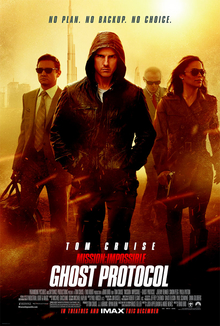 |
| Amy Adams and Jeremy Renner in Arrival |
Ian Donnelly: Jeremy Renner
Col. Weber: Forest Whitaker
Agent Halpern: Michael Stuhlbarg
Capt. Marks: Mark O'Brien
Gen. Shang: Tzi Ma
Director: Denis Villeneuve
Screenplay: Eric Heisserer
Based on a story by Ted Chiang
Cinematography: Bradford Young
Production design: Patrice Vermette
Film editing: Joe Walker
Music: Jóhann Jóhannsson
Like his film Sicario (2015), Denis Villeneuve's Arrival seems to be torn between two aims that don't merge comfortably. On one hand, it's a fairly conventional first-encounter sci-fi thriller, with plucky good guys at odds with the bureaucracy and the military, and an 11th-hour, 59th-minute rescue of the world from self-destruction. On the other, it's a provocative exploration of some big ideas about language and time and the nature of humanity. Villeneuve's natural inclination seems to be toward the latter, which may be why so much of the film is dark -- not just tonally, but visually, so that we only begin to see much of the action in full light toward the end. Cinematographer Bradford Young's cameras seem to be stopped down to the point that I often had trouble discerning what's happening. Presumably this gradual emergence into light is a metaphor for the illumination that comes to linguistics professor Louise Banks as she learns to communicate with the aliens and to understand not only why they are visiting the Earth but also what it means for her own life. It's a good, chewy film with some fine performances, and I welcome any sci-fi movie that makes its audiences work to comprehend its ideas. But I also wished for more exploration of those ideas, and how Banks and physicist Ian Donnelly, our heroes, came to arrive at them. The film stints on dramatizing the process of discovery for the sake of building suspense and making some obvious points about media hysteria. It gets in a nice dig at conspiracy charlatans like Alex Jones, and even at certain cable news outlets, as when Louise tells her mother she shouldn't be watching "that channel." But I wanted more specifics on how the teams of linguists and mathematicians began to decode the language of the heptapods, a close encounter of the word kind. Still, any movie that valorizes thought is welcome in these days of comic-book-based blockbusters aimed at the gut.




